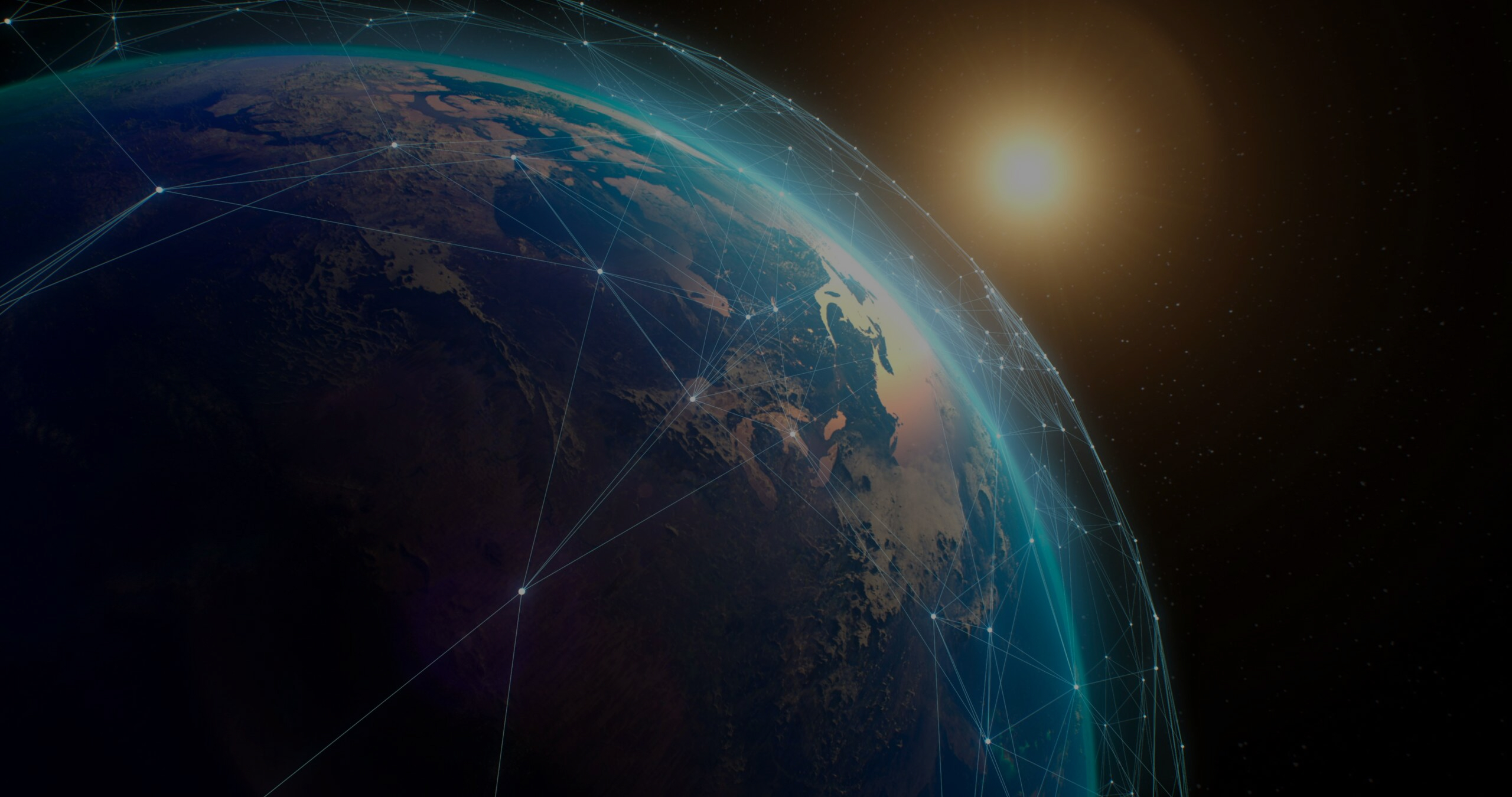

COP26 concluded with The Glasgow Climate Pact, signed by all participating nations, building on the significant progress and momentum since the Paris Agreement in 2015. Everyone must now act to deliver on the commitments made at COP26.
In the weeks leading up to COP26, the UK published its Net Zero Strategy, which outlined its legislated plans to reach net zero emissions by 2050 and fighting climate change with Space technology was one of the items in the Ten Point Plan in the National Space Strategy. Space technology touches all sectors, and the Space ecosystem has a critical part to play in empowering solutions for climate change and enabling the UK to realise its Net Zero Strategy.
This webinar is the first of a two-part series that will present several concepts on the subject of ‘Space-Enabled Net Zero’, exploring how Space can help us respond to the climate challenges discussed during COP26 and limit global temperature rise to 1.5 degrees above pre-industrial levels. In this first webinar, we will cover the topic of monitoring and mitigating the effects of climate change using Space and Space-enabled technologies, information systems, and data science. An invited panel will discuss and debate emerging technologies, opportunities, challenges, and impacts surrounding this topic. Participants are also invited to pitch a single slide lightning talk on a concept relating to Space-enabled net zero for discussion and debate.
To register your interest for a single slide, lightning talk, please fill out the lightning talk form below.
If you would like to join us for the webinar, please make sure to register and you will receive a link to join, if you have any questions, please get in touch with us.
Agenda
10:00 – Welcome and Introduction: Amanda Campbell, Head of Net Zero, Satellite Applications Catapult
Session 1:
Host: Prof. Colin McInnes, University of Glasgow
10:10 – Talk 1: ESA Climate Change Initiative in support of Carbon science – Dr Clement Albergel Climate Applications Scientist at ESA (ECSAT)
10:20 – Talk 2: Greenhouse gas monitoring from Space – Prof. Hartmut Boesch, Divisional Director National Centre for Earth Observation (NCEO) and Head of the Earth Observation Science Group at University of Leicester
10:30 – Talk 3: Space based EO for food, agriculture, and waste: supporting Defra’s net zero agenda – Dr Ailsa Stroud, Earth Observations Policy Lead at Defra
10:40 – Talk 4: Sustainable Finance – Dr Cristian Rossi, Geospatial Science Lead at Satellite Applications Catapult & Visiting Lecturer at University of Oxford
10:50 – Panel discussion, Q&A:
- Prof. Hartmut Boesch
- Dr Ailsa Stroud
- Dr Cristian Rossi
- Dr Claire McIntosh (Climate Applications Scientist working at ESA, ECSAT)
11:10 – Break
Session 2:
Host: Prof. Colin McInnes, University of Glasgow
11:20 – Talk 5: Noel Png, Alba Orbital
11:25 – Talk 6: Liam Bell, Hypervine
11:30 – Q&A
11:50 Summary and Close: Prof. Colin McInnes, University of Glasgow

